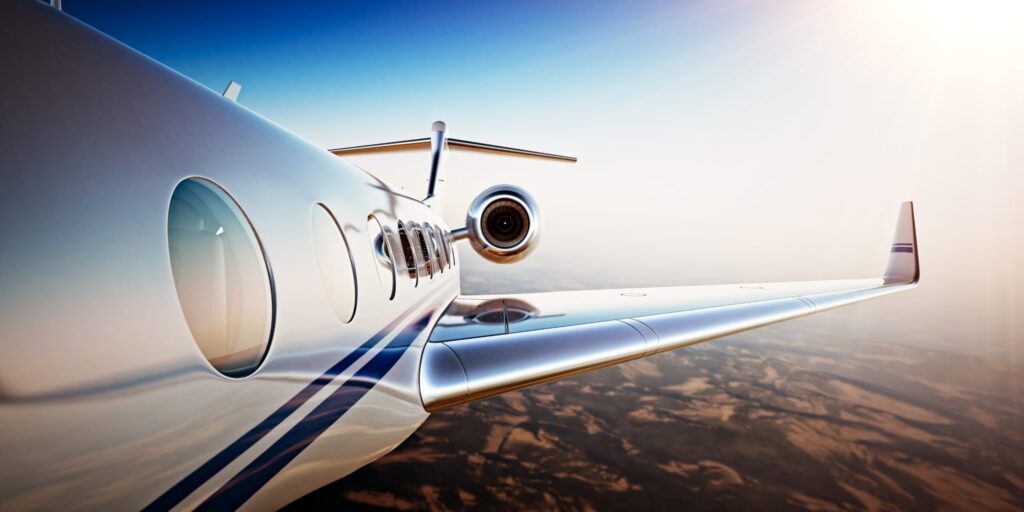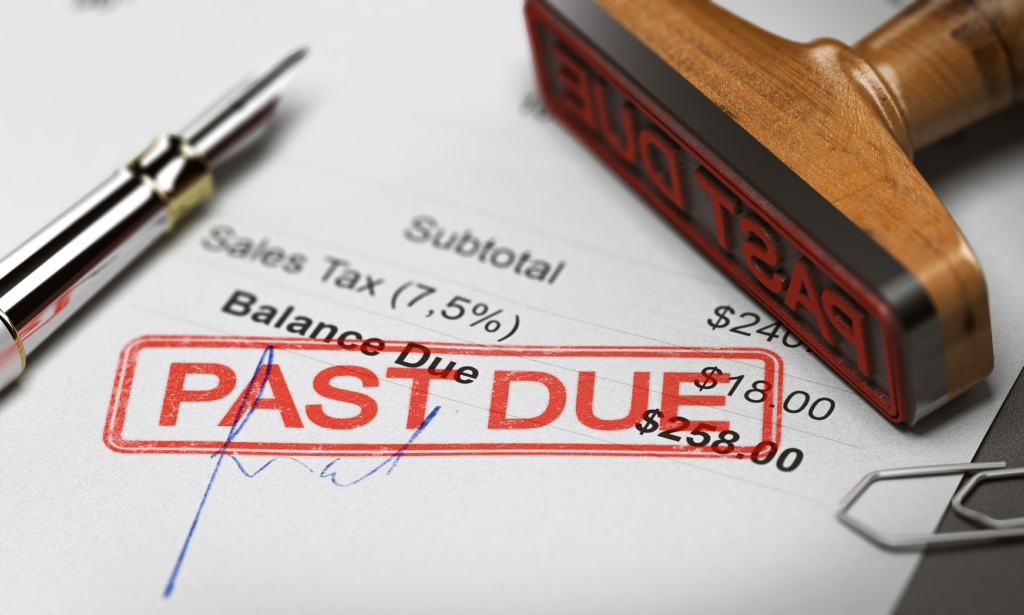Corporate jet usage is the focus of a growing number of IRS audits this year. It’s part of a bigger effort to crack down on large corporations, partnerships, and high-income taxpayers.
The IRS announced in February that it was beginning dozens of audits in which undeclared personal use of a business aircraft is suspected. The agency is using advanced analytics and resources from the Inflation Reduction Act to better examine this area, which it admits has not been closely scrutinized during the past decade.
“Personal use of corporate jets and other aircraft by executives and others have tax implications, and it’s a complex area where IRS work has been stretched thin,” says IRS Commissioner Danny Werfel. “With expanded resources, IRS work in this area will take off. These aircraft audits will help ensure high-income groups aren’t flying under the radar with their tax responsibilities.”
With reduced IRS oversight, it’s assumed that officers, executives, employees, shareholders, and partners use business aircraft for personal reasons more often than they should. Just like any other company vehicle, corporate jet usage generally must be allocated between business and personal use.
“This is a complex area of tax law, and record-keeping can be challenging,” the IRS explains. “For someone such as an executive using the company jet for personal travel, the amount of personal usage impacts eligibility for certain business deductions. Use of the company jet for personal travel typically results in income inclusion by the individual using the jet for personal travel and could also impact the business’s eligibility to deduct costs related to the personal travel.”
According to Equilar business analysts, personal use of business aircraft is a popular perk for executives. As the National Business Aviation Association points out, 85% of the U.S. companies that utilize business aircraft are small and mid-size businesses, many of which are based out of or do business in the dozens of communities across the country where major airlines have reduced or eliminated service.
While the IRS is beginning its aircraft auditing with the most lucrative businesses, all business taxpayers who use private aircraft should take note. As AI and processes become more efficient, audits for business aircraft usage could increase in scope. Maintaining records just as you would for business vehicle usage and for other work travel is important.
If you have recently purchased a business aircraft or plan to do so, talk to your tax advisor about bonus depreciation as well. The 2017 Tax Cuts and Jobs Act allowed buyers of both new and used aircraft to deduct 100% of an aircraft’s cost in the first year. If Congress fails to act soon, the provision phases out, reducing to 80% in 2024, 60% in 2025, and so on. Feel free to contact us with questions.

























